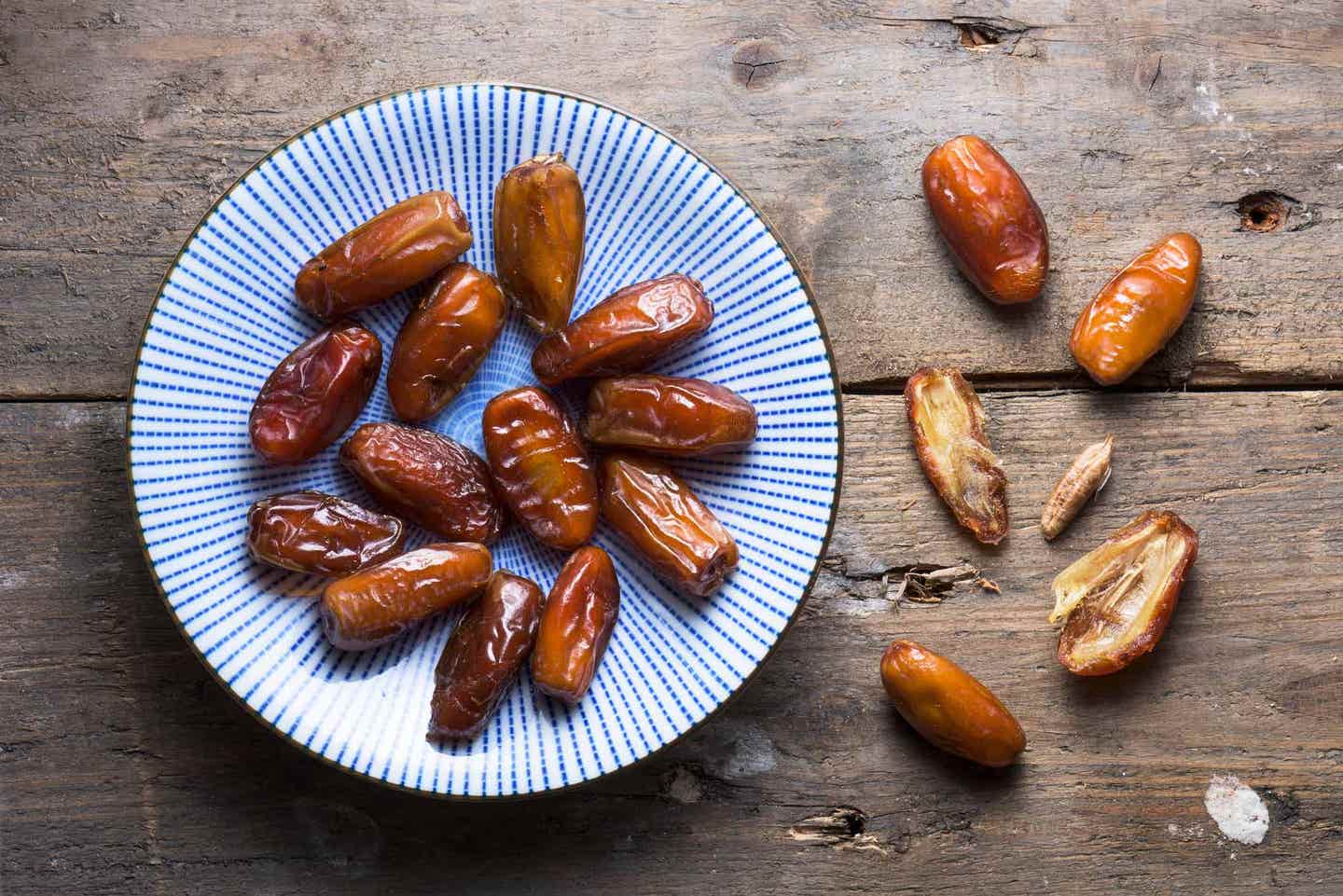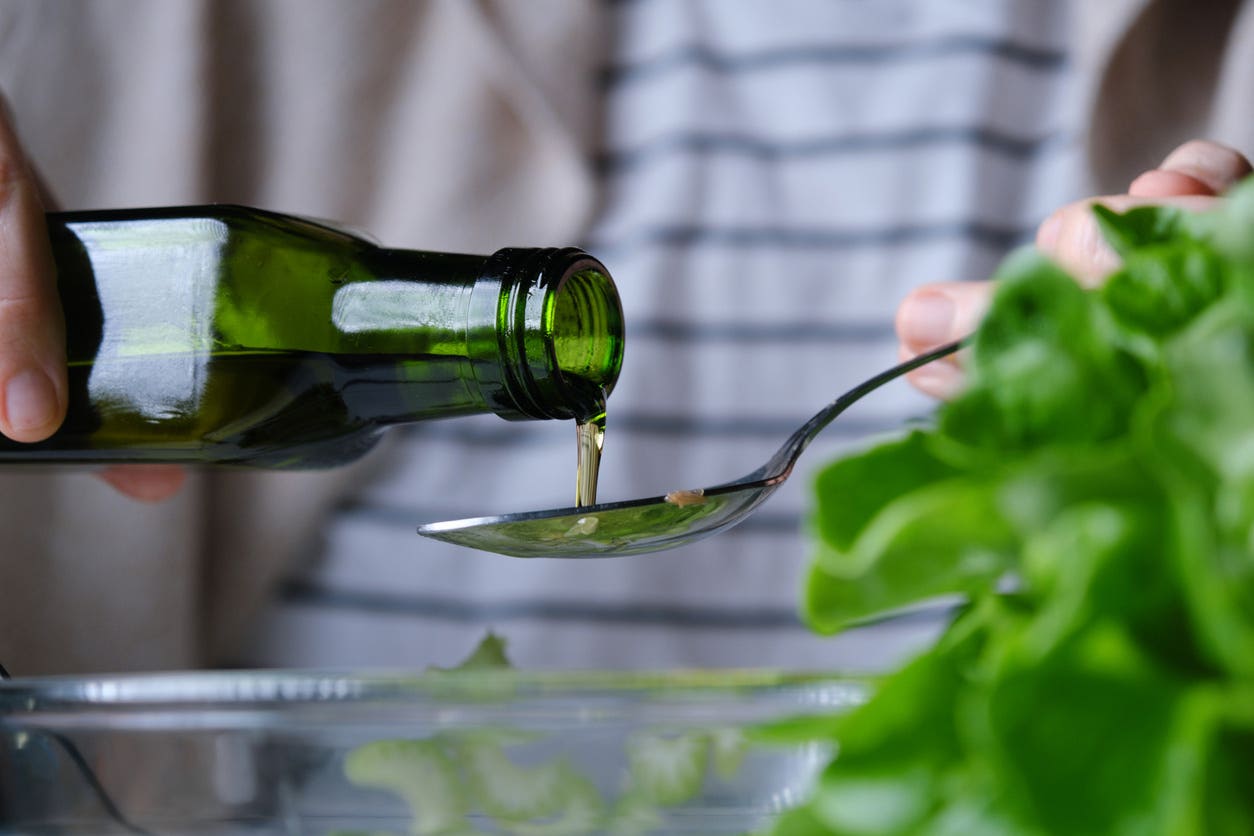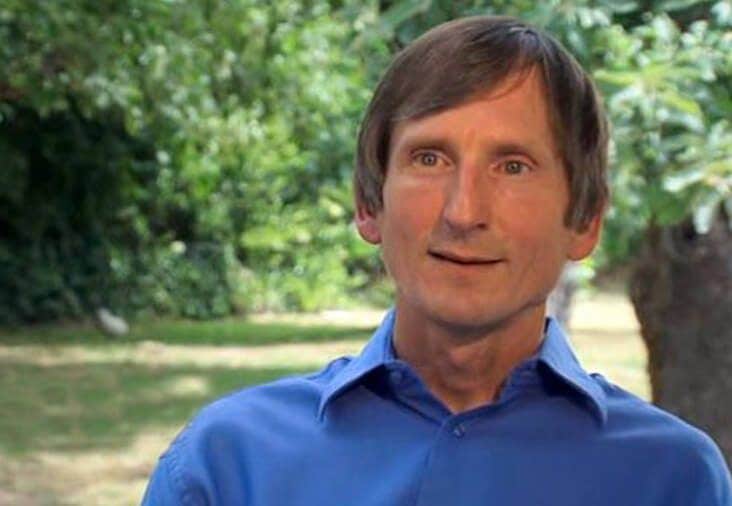By Doug Lisle, PhD,
Last Updated:What are cravings and how do they affect your plan for healthy living? Cravings aren’t “bad.” They are just signals that you want something. When you are tired, you crave sleep. When you are thirsty, you crave liquids. And if you are getting good signals from someone really attractive, well, you know. So most of the time, cravings are operating as they are supposed to and not causing any mischief. The problem comes with cravings for unhealthy things, like junk food or drugs. Cravings direct us to close the distance between ourselves and the target stimulus, essentially pulling our behavior toward satisfying the craving. That’s how it’s supposed to work. Unfortunately, cravings don’t know the difference between healthy, natural targets and self-destructive ones. Worse yet, self-destructive ones can be especially powerful because of the vividness of the images that drive them.
Visual Images Are Running the Show
Our cravings live and work within a web of images. The targets and goals that drive us are often visual images in our minds. When we think about eating a piece of candy, we actually see an image of it in our minds and then imagine the taste. If you watch your mind work, you will observe that visual images are generally driving the show. You “see” options for your next move and if you then imagine how it will feel to reach the goal (chomp on the candy), then it starts pulling you toward doing it. Your cravings are derived from images for pleasurable things. They are just the minions of your imagination. If the imagined targets involve artificially intense pleasure – that is, those pleasures that are beyond the intensity we would have experienced in our evolution – those cravings can lead us to unhealthy decisions and lifestyles. For example, soda and ice cream provide us with a hyper-normal amount of pleasure and can trigger destructive cravings.
The Best Technique for Managing Cravings
So what is the best technique for managing these types of cravings? The very best technique is to basically not have the cravings in the first place. How is that possible? It is possible when your mind can’t create a good image of what the stimulus is going to feel like because it’s been a long time since you have actually been exposed to it. The longer the amount of time since you had, say, your last hamburger or fudge sundae, the harder it becomes for your mind to create a vivid image of eating these unhealthy foods. Images depend on memory and memories fade with time. An alcoholic sober for one week has a significantly more difficult problem to manage than an alcoholic sober for a year. Over time, the vividness of memory fades and loses a lot of its destructive influence.
This is why healthy living can get easier and easier, the better the job you do at it. When you are struggling, you can begin to notice that your cheats tend to come in little streaks. If you have a cheat on Monday, then for the next several days the image of that cheat is forceful since it is very clear in your memory. But if you don’t indulge that cheat again for a couple of weeks, the images start to decay in your memory and lose a lot of their power. It can be hard to start a good streak, but well worth it. The people who have the best “willpower” hardly use it at all, since they have rid themselves of their cheats quickly. Keep this in mind the next time you are thinking about skipping a little indulgence and living clean for the day – because you don’t just win at that moment. You also make tomorrow easier to live healthy and well.
Related News
Save 40% This WeekOn Forks Meal Planner

Forks Meal Planner takes the hard work out of making nutritious meals the whole family will enjoy.
SAVE $200 ON OUR ULTIMATE COURSE

Join our best-selling course at a new lower price!




